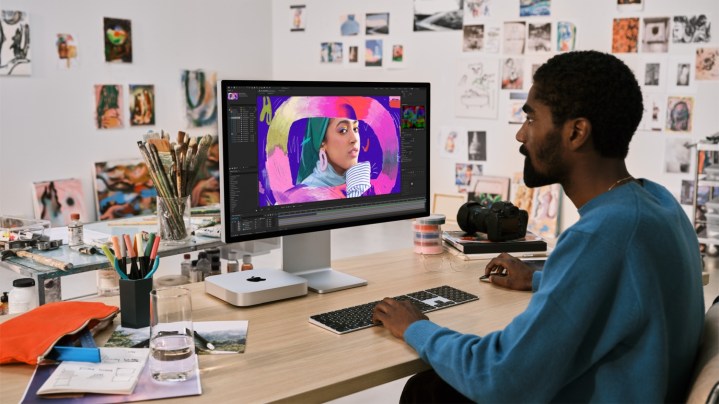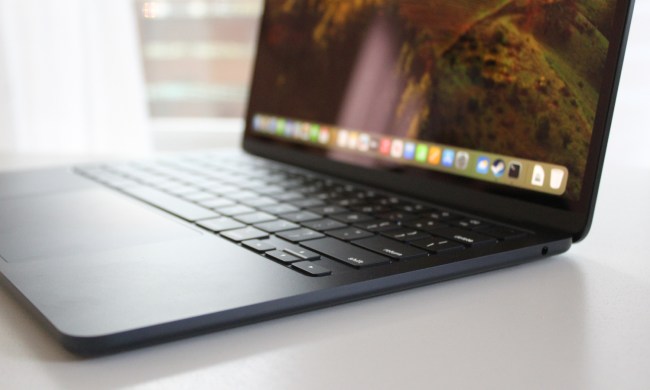Apple has unveiled new versions of the 14-inch and 16-inch MacBook Pro, ending months of speculation surrounding the devices. New features include the latest M2 Pro and M2 Max chips — but not much else.
Almost everything else remains the same as what we saw in the M1 Pro and M1 Max versions of the MacBook Pro: the same flat-edged design, the same mini-LED display, and the same port arrangement. That’s not particularly surprising, as the M1 versions of these laptops themselves featured a major design overhaul. Another big change so soon was not really in the cards.

Before the announcement, the M2 Pro and M2 Max chips were rumored to offer a relatively minor performance uptick compared to their predecessors. That was mostly based on how the M2 chip was not a large improvement over the M1. Still, Apple’s own chips are known for their power and efficiency, and the M2 Pro and M2 Max may well offer similar benefits.
According to Apple’s press release, the M2 Pro is made with a 5-nanometer process and offers 40% faster image rendering times in Adobe Photoshop compared to the M1 Pro. It comes with up to 32GB of unified memory and can be configured to come with 10 or 12 CPU cores and up to 19 GPU cores.
The M2 Max, meanwhile, has 67 billion transistors — three times that of the base-level M2 — and can come with up to 96GB of unified memory. It has the same 12-core CPU as the M2 Pro, but 38 GPU cores instead of the M2 Pro’s 19. Those boosted specs result in 30% faster effects rendering in Cinema 4D compared to the M1 Max, Apple says. Color grading in DaVinci Resolve is also 30% faster.
We will have to see how Apple’s numbers stack up when the first reviews are published. According to numerous outlets, those could appear as early as Monday next week.
Mac Mini finally ditches Intel

As well as the MacBook Pros, Apple also launched a new Mac Mini with M2 and M2 Pro chips, and dropped the price of the entry-level model by $100 to $599. That means the Mac Mini range now has no Intel options, after being one of the last Apple Macs to still contain an Intel chip.
That means the Mac Pro remains the only Mac that hasn’t entirely transitioned to Apple silicon. According to the rumors, though, we probably won’t have long to wait for that to happen.
Apple is still heavily rumored to be preparing for a special March event where it will release a host of new products. That includes an Apple silicon Mac Pro, a new Mac Mini, and potentially even a mixed-reality headset. With the MacBook Pro just announced, that’s one less product due at the show — but there’s still plenty more to look forward to.



